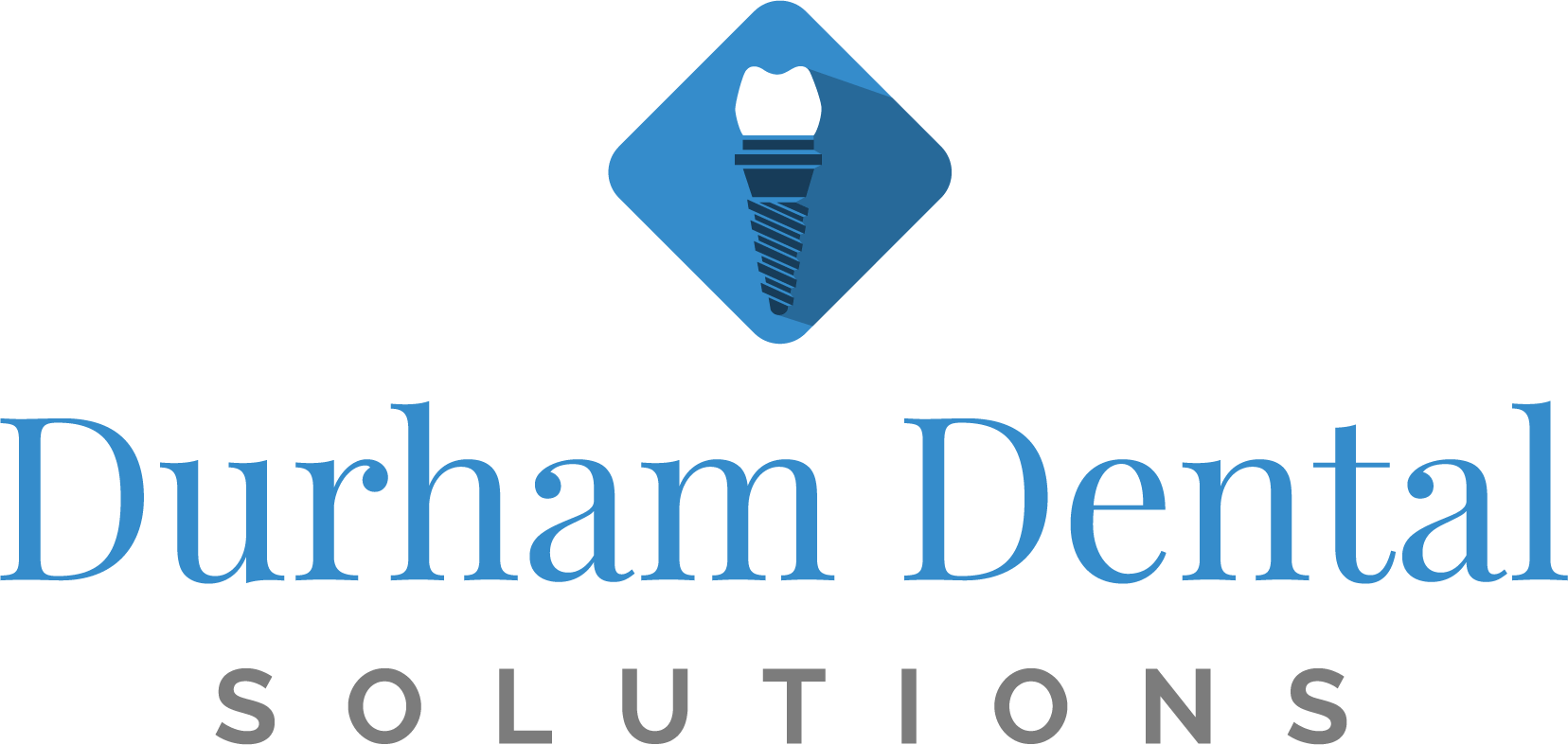How to Care for Your Dental Implants
Good dental implant maintenance is essential to ensuring your implant-supported teeth remain strong, healthy, and free from infection. Caring for your dental implants in Ajax isn’t difficult, and we will show you precisely how to clean around them after they are fitted.
Why is it Critical to Clean Your Dental Implants Regularly?
It’s a common misconception that dental implants cannot become infected because they are artificial. While synthetic, it’s crucial to remember that dental implants are surrounded by living tissue needed for support. Unless you clean your dental implants regularly, the tissues around them can become infected. Every day, bacterial biofilm called plaque will build up over your implant teeth precisely as on natural teeth.
Dental plaque must be removed thoroughly; otherwise, peri-implantitis can develop. This infection can cause extensive inflammation, which will destroy the attachment between the tissues and the implant. It can be catastrophic for dental implant health, creating a loss of bone around the implant and rapidly leading to the loss of dental implants in Whitby.
Recognizing the Signs of Peri-Implantitis in Brooklin
You may notice your gums look red and swollen, feel tender, or that they bleed when you brush and floss your dental implants. If the infection is advanced, you could have a nasty taste in your mouth, or the dental implant might even have begun to move. If you recognize these signs, see your dentist in Newcastle immediately.
Caring for Single Dental Implants
Single dental implants are super easy to care for. Brush them twice a day using a soft-bristled toothbrush and low-abrasive toothpaste. Brush thoroughly under and around the implant crown, and floss once a day. If you aren’t sure of how to floss correctly, ask your dental hygienist in Pickering for help and practical advice. Use interdental brushes to get right into hard-to-reach places, removing the maximum amount of dental plaque. Hate flossing? Another solution is to use an oral irrigator such as a water pump. This device squirts pressurized water through a tiny nozzle so you can direct the flow between your teeth. It can be highly effective at removing plaque biofilm.
Caring for Overdentures
The cleaning process is slightly different if you have a denture that clips onto dental implants. Make sure you remove your denture daily and soak it in the recommended cleaning solution for the correct time. Carefully inspect the implant fittings, such as o-rings, clips, and locator caps, and contact your dentist in Oshawa if anything looks worn or damaged. Use a soft denture brush your denture’s dentures or fitting surface. Before you replace your denture in your mouth, rinse it thoroughly using clean water. Usually, overdentures need regular maintenance, and o-rings and locator caps need replacing periodically.
Keep up with Your Regular Checkups and Cleanings
It is critical to come and see us regularly here at Durham Dental Solutions for checkups and professional dental cleanings. During these appointments, we can carefully check the condition of your dental implants, and the hygienist uses specialized tools to clean around them. These tools are different from those used to clean natural teeth, as they are specially designed to ensure they will not damage the dental implant post or crown. Another vital part of your checkup is replacing worn or damaged components and generally checking for signs of infection or bone loss around dental implants in Clarington. With the proper ongoing care and maintenance, your implants should give you years of trouble-free use and enjoyment.


